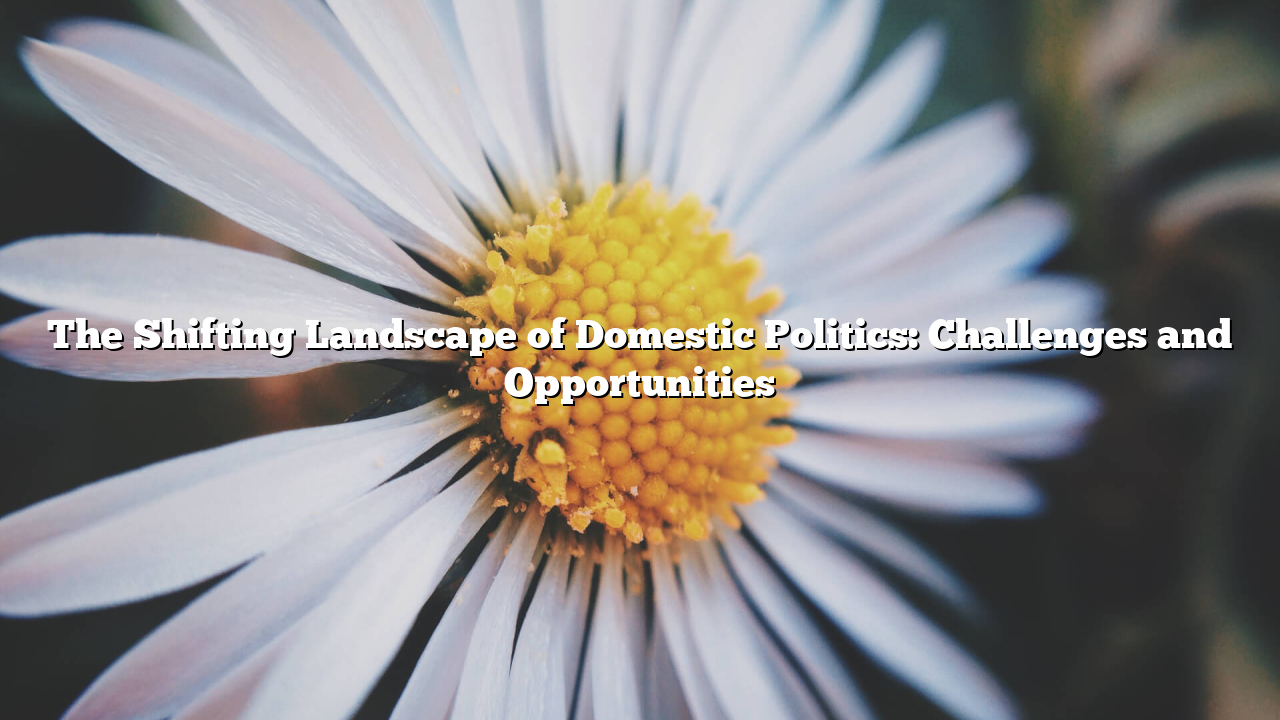Domestic politics is often seen as a mirror reflecting the social, economic, and cultural conditions of a nation. In recent years, political dynamics within many countries have been undergoing significant changes, shaped by rapid Pattimura4d technological advancement, evolving public expectations, and increasing demands for transparency. These shifts present both challenges and opportunities for policymakers, political parties, and citizens alike.
One of the most notable trends in domestic politics today is the growing influence of digital media on public discourse. Social media platforms have become essential tools for political engagement, enabling citizens to voice their opinions and hold leaders accountable. While this has democratized access to political debate, it has also brought new risks, including the spread of misinformation, political polarization, and the erosion of constructive dialogue. Governments are now grappling with the delicate task of safeguarding free speech while addressing the negative consequences of uncontrolled digital narratives.
Economic stability remains another central pillar of domestic political debate. Rising inflation, wage stagnation, and disparities in wealth distribution are pressing concerns for many populations. Political leaders face the challenge of balancing short-term economic relief with long-term structural reforms. For instance, policies aimed at attracting foreign investment may boost economic growth but can also raise concerns about national sovereignty and the welfare of local industries. The ability of political actors to navigate these economic complexities is likely to play a decisive role in shaping public trust.
Social justice movements have also become a defining feature of contemporary domestic politics. Issues such as gender equality, environmental protection, and minority rights have moved to the forefront of political agendas. These movements have not only reshaped policy priorities but have also redefined political alliances. Traditional party lines are increasingly blurred as leaders respond to emerging demands from grassroots organizations and activist groups. This fluidity offers opportunities for political renewal but can also generate instability in governance if consensus-building proves difficult.
In addition to social and economic pressures, domestic politics is deeply influenced by the question of institutional integrity. Corruption scandals, lack of transparency, and perceived abuses of power can quickly erode public confidence in political systems. This has led to calls for stronger anti-corruption measures, judicial independence, and reforms to strengthen democratic institutions. Political leaders who fail to address these concerns risk alienating an electorate that is increasingly aware of and sensitive to governance issues.
The role of younger generations in shaping domestic politics cannot be underestimated. Millennials and Generation Z, often more connected to global networks and progressive causes, are pushing for change in how politics is conducted. They tend to value inclusivity, sustainability, and technological innovation, placing pressure on traditional political structures to adapt. As this demographic gains more influence, political discourse is likely to shift further toward long-term global challenges, such as climate change, digital ethics, and economic fairness.
However, the path forward is not without obstacles. Deep political divisions, whether along ideological, regional, or socio-economic lines, can hinder progress on critical reforms. Partisan politics often leads to policy paralysis, where short-term electoral considerations outweigh the pursuit of comprehensive solutions. Overcoming these divisions will require leaders to engage in genuine dialogue, foster bipartisanship, and prioritize national interest over party loyalty.
Despite these challenges, domestic politics remains a powerful vehicle for positive change. It provides a framework through which societies can collectively address their most pressing issues and work toward a better future. The key lies in striking a balance between stability and adaptability — preserving the core values of democratic governance while remaining open to innovation and reform.
In conclusion, the evolving landscape of domestic politics presents both risks and opportunities. The interplay of digital media, economic pressures, social movements, institutional integrity, and generational change is reshaping political realities in unprecedented ways. Whether these changes lead to greater unity and progress or deeper division and instability will depend largely on the willingness of political leaders and citizens to engage constructively, listen to diverse voices, and work collaboratively toward shared goals.
